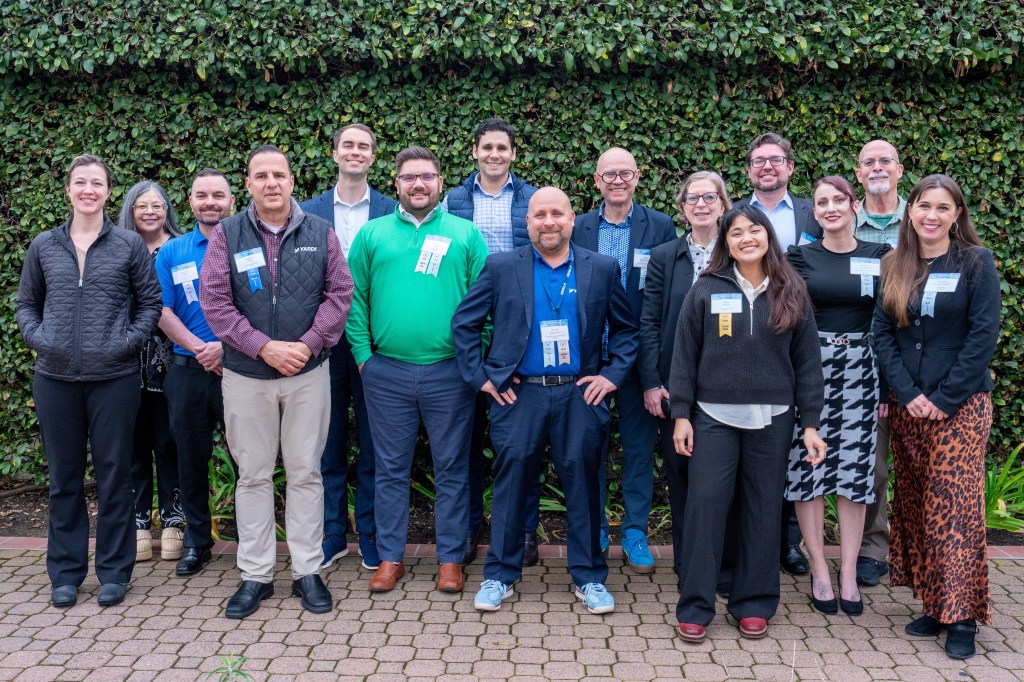By Erica Rascón on November 29, 2019 in News
A unique partnership may serve as a model to future affordable housing developments. Healthcare giant Kaiser Permanente announced its  partnership with Community Solutions of New York to end homelessness in 15 communities. The partnership’s unique approach offers sustainable solutions for chronic homelessness and lower costs for healthcare.
partnership with Community Solutions of New York to end homelessness in 15 communities. The partnership’s unique approach offers sustainable solutions for chronic homelessness and lower costs for healthcare.
The Recent Collaboration
The Community Solutions program Built for Zero uses live data to identify the root factors of homelessness in individual communities. The organization uses that data to address the conditions that create homelessness–and stop housing insecurity before its onset.
To fund the program, Kaiser Permanente will contribute $3 million over the course of three years.
The funding empowers Community Solutions to extend its services to more than 70 communities throughout the United States. The organization’s current programs set benchmarks for success: nine communities have ended the cycle of homelessness for participating veterans and three have ended chronic homelessness for participants. In total, 103, 500 chronically homeless persons have received the resources and skills needed to end their plight.
Beyond Treating Symptoms
Safe, dependable shelter is essential for maintaining health. “Kaiser Permanente is investing in efforts to reduce homelessness and housing insecurity because there is a proven link between housing and health,” Bernard J. Tyson, chairman and CEO of Kaiser Permanente said in an interview with Housing Finance. “Addressing affordable housing and homelessness is crucial to Kaiser Permanente’s mission to improve the health of our members and the communities we serve and to advance the economic, social, and environmental conditions for health.”
Ending homelessness comes with benefits for the healthcare system. Once admitted to hospitals, homeless patients stay longer and are more likely to be readmitted. A Boston study revealed that homeless patients are four times more likely to visit the ER than patients with stable housing. Research in Chicago offered similar results.
Homeless persons are at least three times more likely to die than the general population of the same age.
Healthcare providers are becoming aware of what nurses, doctors, and other hospital staff have known for years: homelessness is expensive to the system and fatal to individuals.
A Growing Trend
To tackle the repurcussions of homelessness, healthcare providers nationwide are forming partnerships with housing organizations.
Nationwide Children’s Hospital of Columbus is working with nonprofit Ohio Capital Finance Corporation to transform decrepit housing into affordable units. The hospital provided a $20 million loan for the “acquisition, construction and permanent financing of up to 170 units of single and multifamily rental housing, serving families with incomes between 60 and 80 percent of area median income, or $45,840 to $61,100 for a family of four,” states the Nationwide Children’s website.
University of Vermont Medical Center’s partners with Champlain Housing Trust and eight other community organizations to create three housing communities. About 60 units between the communities will serve homeless patients during rehabilitation and other temporary needs. About 25 units will be permanent housing.
University of Illinois Hospital in Chicago teamed up with Center for Housing and Health and the U.S. Department of Housing and Urban Development to secure supportive housing for homeless persons who frequent the ER. To date, $500,000 has helped 51 patients secure housing and services. The hospital contributes $1,000 per month, per patient towards housing. Studies estimate that chronically homeless patients cost hospitals nearly $3,000 per day.
Sutter Health has contributed $30 million towards Getting to Zero, a program that offers housing and supportive services in three communities in metropolitan Sacramento. So far, 2,000 chronically homeless individuals have attained housing and 9,000 people have participated in services to achieve housing stability.
While each collaboration aims to end homelessness by addressing the needs of the homeless population, Kaiser and Community Solutions offer a singular model for addressing the causality of homeless using real-time data unique to local populations. This model provides a framework that is both replicable and customizable.
To learn more, visit https://www.community.solutions/.


